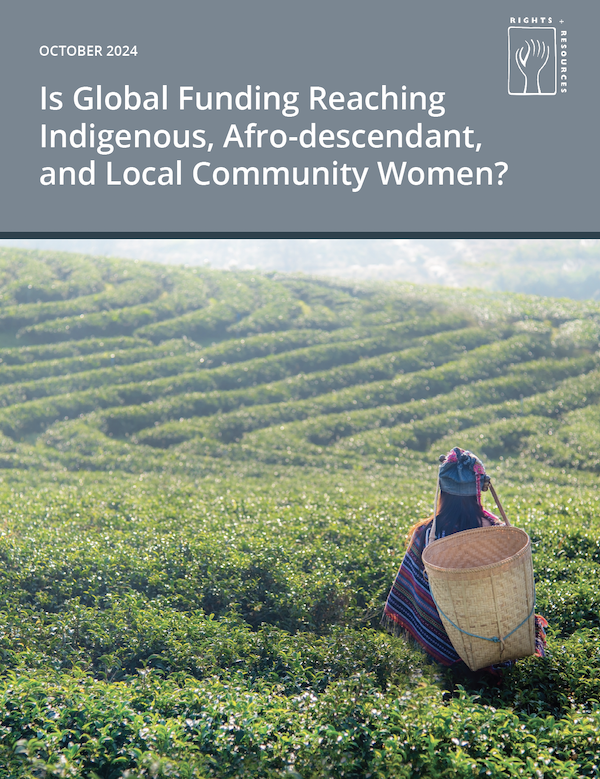Why the Great Food Transformation may not happen – A deep-dive into our food systems’ political economy, controversies and politics of evidence
This paper explores the conditions under which the changes leading to the Great Transformation of food systems called upon by a growing number of international experts and development agencies, will (or not) happen. After discussing the meanings of ‘transformation’ in the specific context of food systems, we draw on different elements of political economy to show how various self-reinforcing dynamics are contributing to lock food systems in their current unsustainable trajectories.



